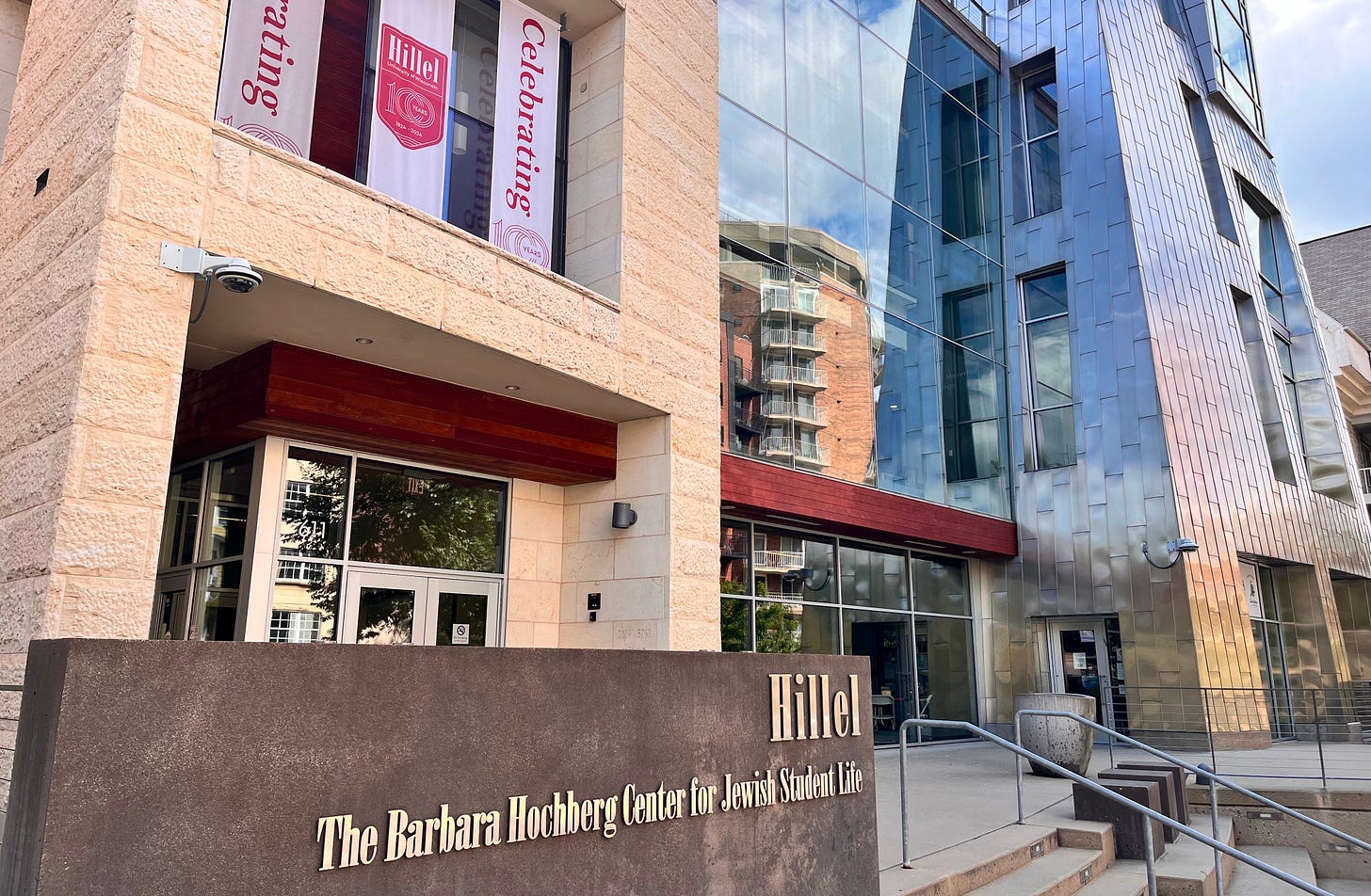UW Grants Housing Accommodation to Jewish Student After Legal Threat
“Public universities have a First Amendment obligation to respect the religious exercise of students of all faiths,” says attorney
UW-Madison recently granted a housing accommodation request to an observant Jewish student after it received a legal demand letter from a Christian law firm.
Incoming freshman Orly Gallo was initially given a housing assignment in the Kronshage Residence Hall, a nearly 30-minute walk from UW Hillel and the Chabad House. Gallo then requested to live closer to the Hillel and Chabad buildings on campus because, according to her faith, she must walk to Sabbath services after sundown, raising safety concerns. Her request was initially denied by UW, which said it “does not assign students based on religion.”
On July 30, attorneys from First Liberty Institute and Eimer Stahl LLP sent a letter on Gallo’s behalf, demanding that the university grant a religious housing accommodation. According to the letter, UW “has the resources and mechanisms to accommodate students with non-religious housing needs, and it routinely does so.” The letter threatened a lawsuit if a dorm change did not occur. On August 20, First Liberty announced that the university had granted the housing request.
University spokesman John Lucas told The Madison Federalist, “University Housing would clarify that rooms are primarily assigned through a lottery system with some reassignments possible over the course of the summer if rooms previously allocated become available.” He said, “That’s what happened here.”
However, First Liberty Institute counsel Kayla Toney said, “We believe this is a religious accommodation in response to our demand letter. The university had previously informed Miss Gallo that reassignment was highly unlikely and could only occur after classes started in September.” The First Liberty Institute frequently litigates First Amendment and religious liberty cases.
“Public universities have a First Amendment obligation to respect the religious exercise of students of all faiths,” she told The Federalist. “The University should create a religious accommodation policy just as they make accommodations for other reasons, including medical needs, gender inclusive housing, and students with on-campus jobs.” She recommended the creation of a form similar to the university’s gender inclusive housing request.
UW says it does its best to honor the preferences of each student in the housing lottery, but does not guarantee their choices will be granted. Incoming freshmen typically rank multiple residence halls in their request form, but Kronshage was not one of the halls Gallo ranked.
However, there are multiple avenues that students can utilize to obtain individual exceptions. The UW website offers both a step-by-step exception guide for disabled students and LGBTQ+ students, as well as a Residence Hall Priority Consideration program for working students.
As an alternative, the university mentioned utilizing their Safewalk program or coordinating walks with other Jewish students living in Lakeshore. According to the Jewish faith, one may not use a cellphone during the Sabbath, and since religious dinners and services are unpredictable in length, Safewalks are hard to schedule.
“We are pleased the university made the right call to accommodate Miss Gallo,” Toney said. “We hope they continue ensuring Jewish students can fully and safely practice their faith on campus.”




